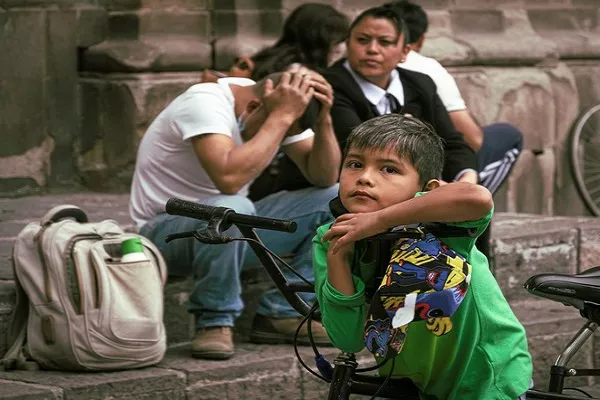The business-to-business-to-consumer (B2B2C) mental health market in India is poised for substantial growth, driven by the increasing adoption of digital solutions. According to a new report from market research firm Redseer, the market is projected to reach approximately $3.9 billion by FY29, with demand expected to grow 1.7 times over the next several years. This growth is primarily being fueled by corporate and educational sectors, both of which are recognising the critical importance of mental health in enhancing productivity and supporting educational success.
Currently, more than 200 million people in India are living with mental health conditions, yet only 10-15% seek professional help, highlighting a significant gap in accessible mental health services. According to Jasbir Juneja of Redseer, the gap underscores the urgent need for scalable, easily accessible mental health solutions, which are increasingly being addressed through digital-first approaches.
“The rising demand for mental health services is creating opportunities for innovative, tech-enabled solutions that can reach a wider audience and provide support at scale,” Juneja said. “The B2B2C model, which connects enterprises with consumers, offers a pathway to deliver mental health services to individuals in workplaces and educational institutions.”
The report highlights that while B2C services in mental health are also growing, the B2B2C segment is expected to experience a more significant uptick, particularly in sectors like corporate wellness and educational institutions. The corporate sector, in particular, has seen an increasing focus on employee wellbeing, with many companies integrating mental health services into their employee benefits packages as a means of boosting productivity and reducing burnout. Educational institutions are also seeing the value of supporting student mental health, incorporating mental health programs alongside academic learning.
The report also points to the increasing prevalence of neurodevelopmental disorders among children, which are driving demand for offline counselling services and neurodevelopment centres. It is estimated that between 2.9 and 3.2 million children in India are affected by these conditions, prompting greater attention from parents and educational authorities to address these challenges.
In addition to traditional counselling services, the educational sector is also embracing social-emotional learning (SEL) programs, which focus on building skills such as empathy, self-awareness, and interpersonal communication among students. These programs are gaining traction in schools and colleges across the country, and the report predicts that the SEL segment will grow at a compound annual growth rate (CAGR) of 16% from FY24 to FY29, reflecting a growing commitment to mental health and emotional wellbeing in educational environments.
As mental health awareness continues to rise in India, both B2C and B2B2C mental health services are expected to play a critical role in improving access to support and reducing the stigma associated with seeking help. The integration of digital tools and resources into corporate and educational sectors is helping to bridge the gap, making mental health support more accessible to individuals across various demographic segments.
With the continued push for digital solutions, the Indian mental health market is set to become a significant part of the country’s health and wellness landscape in the coming years.
Related topics:





























